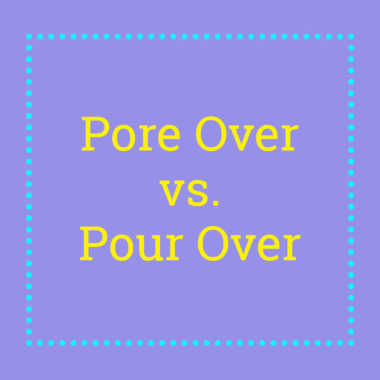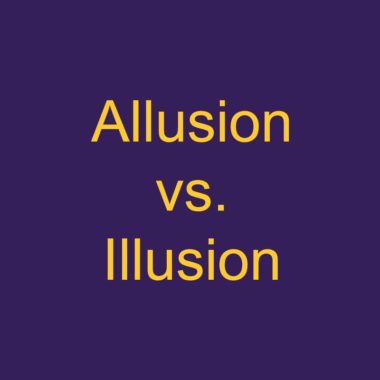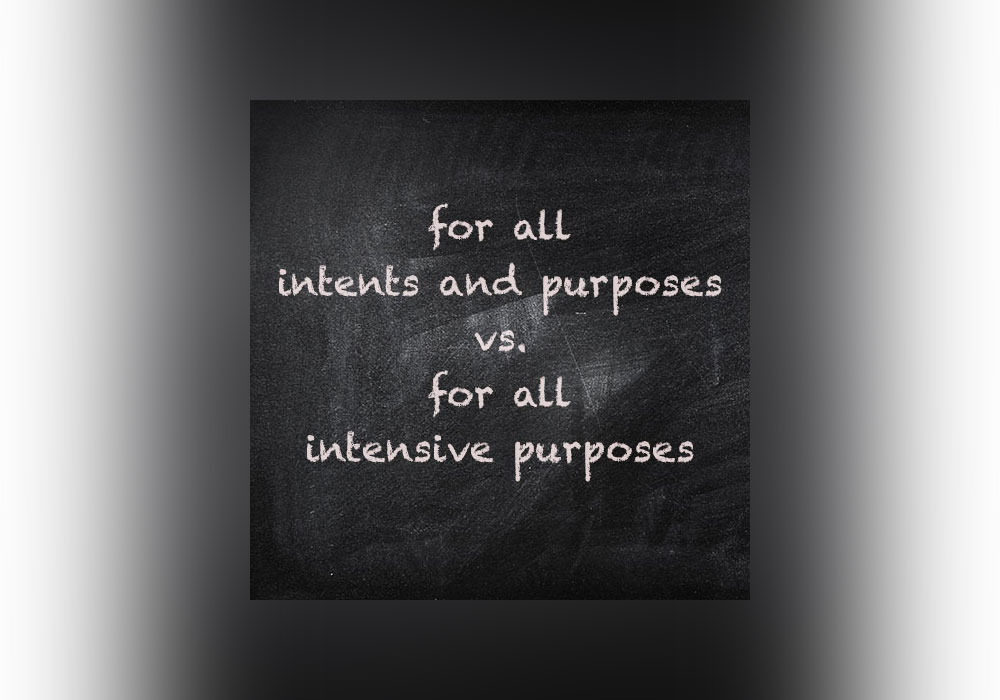Inter- vs Intra-
What’s the difference between the interstate highway and the intrastate highway? Inter- is a prefix that means between two groups, and intra- is a prefix which means within or inside one group. Inter- and intra- are both prefixes, which are groups of letters that are placed at the beginning of a word in order to change its meaning. Inter- Inter- is a common prefix that …









